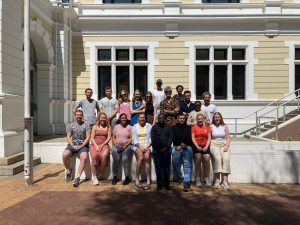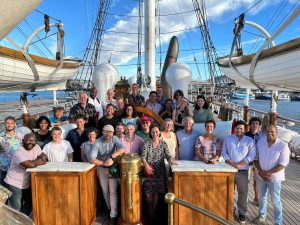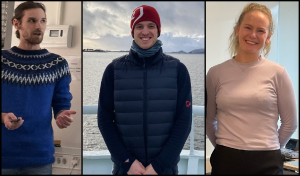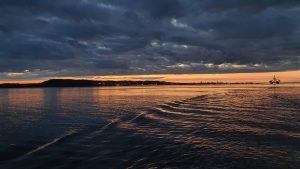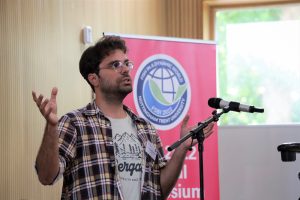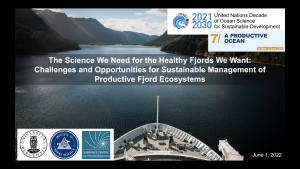Written by Natalya Gallo // 31 March 2023
While initially delayed for a few years due to COVID-19 travel restrictions, the PRIMA Learning workshop on using stable isotopes to study trophic interactions in the marine environment was successfully held in Cape Town, South Africa from 20-23 February, 2023.
The workshop brought together 18 students and included M.S. and Ph.D. students from Norway, South Africa, Morocco, Namibia, and Mozambique. It was taught by Carl van der Lingen from the Department of Forestry, Fisheries, and the Environment in South Africa and Natalya Gallo from the University of Bergen and featured guest speakers from the University of the Western Cape and the University of Cape Town. The workshop was supported by funding from the Norwegian Research Council under the PRIMA Learning grant led by Anne Gro Vea Salvanes at the University of Bergen and Mark Gibbons at the University of the Western Cape.
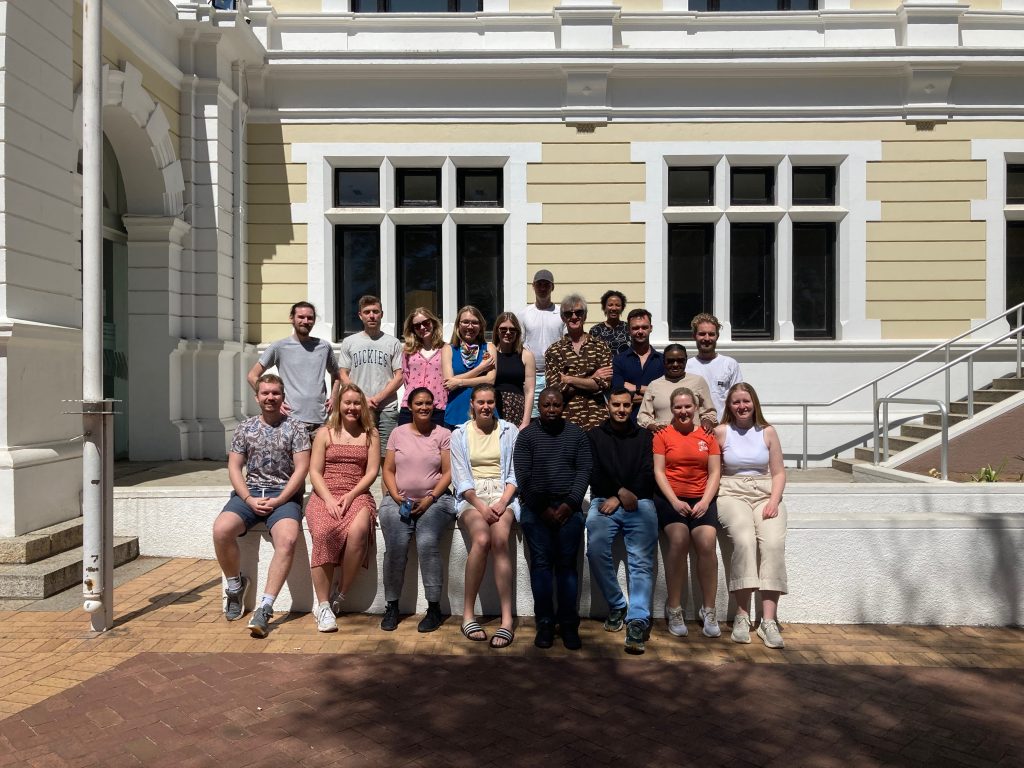
During the workshop, the students spent four days learning and working together to develop their expertise in stable isotope sample preparation, analysis, and interpretation. The students received lectures on the fundamentals of stable isotopes, how to use stable isotopes to understand trophic relationships in marine ecosystems, how to collect and process samples, how to analyze isotopic data in R, and how to estimate dietary composition using mixing models. The highlights of the workshop were taking the students on a guided tour of the Stable Light Isotope Lab at the University of Cape Town and having the students work in international groups on the analysis of large stable isotope datasets collected from three marine regions: the California Current, the Benguela Current, and the Norwegian fjords.
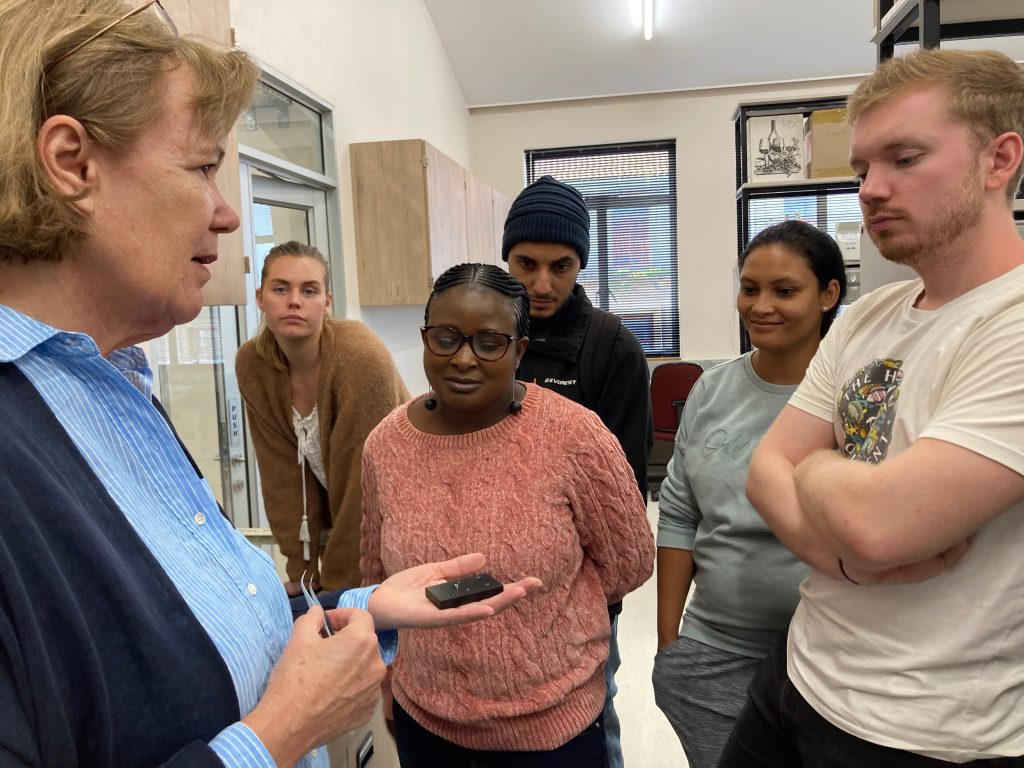
For the last two days of the workshop, students worked in 4- or 5-person groups and examined how isotopic signatures change as fish grow, compared trophic niches across species, and examined relationships in stable isotope patterns in different types of communities (benthic versus pelagic, low oxygen versus high oxygen habitats, and western Cape versus southern Cape). At the end of the workshop, students showcased their results in final group presentations and a final report. As instructors, we were very pleased with the progress the groups made and how well the students worked together when facing both challenging new material and a time crunch for finishing their analyses and presenting their results. The students shared overwhelmingly positive feedback on the workshop and gave good suggestions for future modifications such as lengthening the workshop by a day, giving more hands-on lab practice in sample preparation, and introducing analytical methods in R more gradually throughout the workshop.
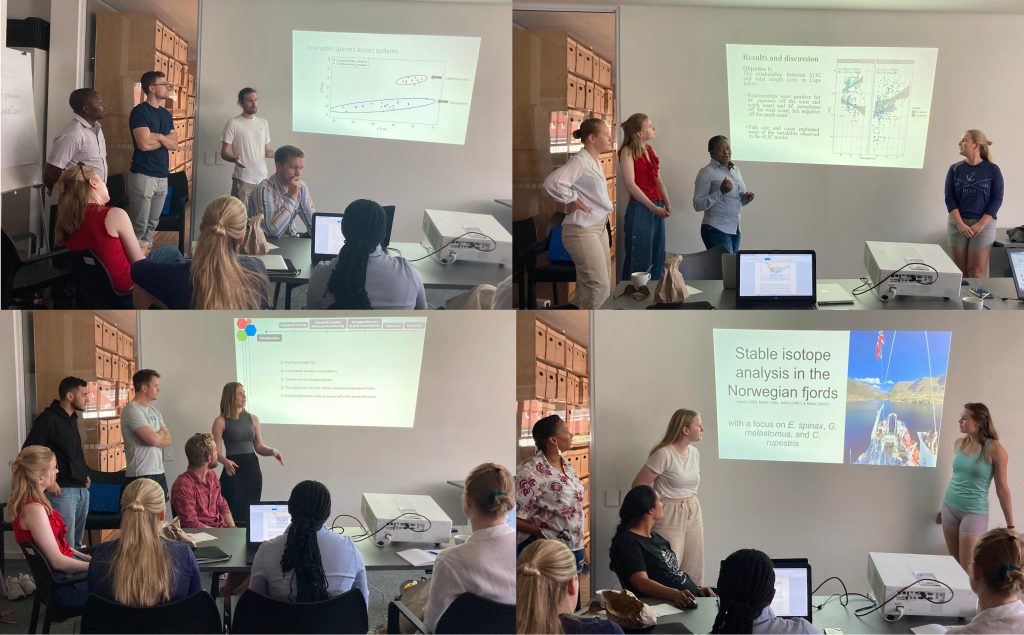
My personal reflections as an instructor were very positive. There is such a value to offering graduate-level intensive skill-building workshops that allow students to explore new methods to apply to their own research endeavors. Beyond the specific skills learned, the value of forming new connections between early career scientists from different countries cannot be overstated. We watched the students work collaboratively and gel as a cohort and support and teach each other. I wish I had had the opportunity to participate in a workshop like this when I was a graduate student and was glad to have the opportunity to participate this time as an instructor. Hopefully there will be more stable isotope workshops like this one in the future.
